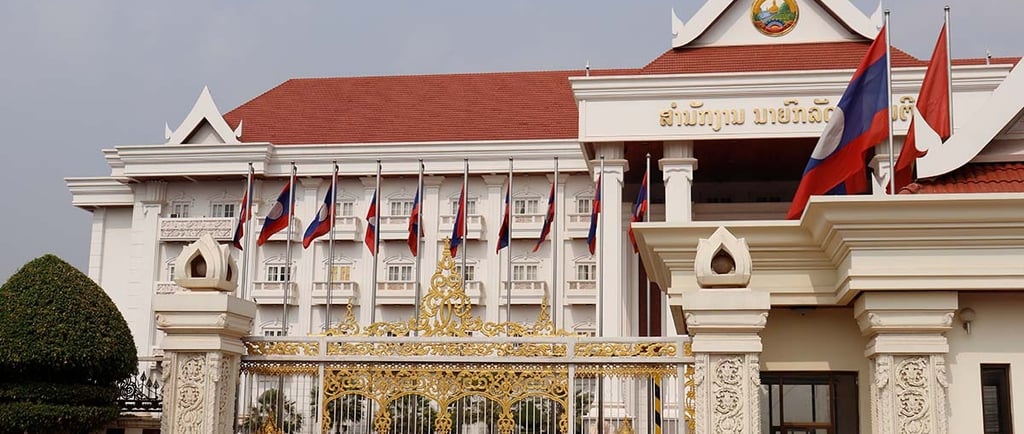Lao Government Freezes Ore Sale-Purchase Licenses
3/3/20252 min read


Introduction:
The Lao government has recently announced a significant decision that has sent ripples through the country's mining industry: a halt on the issuance of new ore sale-purchase business operation licenses. This move, driven by a need to refine and strengthen existing regulations, introduces a period of uncertainty for both domestic and international stakeholders. While the duration of this suspension remains unspecified, its implications are already being felt across the sector.
The Official Stance: Regulatory Refinement
According to official sources, the primary reason behind this moratorium is the perceived lack of comprehensiveness in the current governing regulations. The government aims to address existing loopholes and create a more robust framework that ensures transparency, sustainability, and responsible resource management. This decision reflects a commitment to long-term stability and maximizing the benefits of Laos' mineral wealth for the nation.
Unpacking the "Lack of Comprehensiveness": What Might Be Missing?
While the government hasn't explicitly detailed the regulatory shortcomings, we can speculate on potential areas of concern:
Environmental Protection: Existing regulations may not adequately address the environmental impact of mining operations, including deforestation, water pollution, and land degradation. The government likely seeks to implement stricter environmental standards and enforcement mechanisms.
Revenue Transparency and Tax Collection: Ensuring fair revenue collection from ore sales is crucial. The halt could indicate a review of tax structures and mechanisms to prevent illicit activities and maximize government income.
Community Impact and Social Responsibility: Mining activities can significantly impact local communities. New regulations might focus on ensuring equitable benefit-sharing, addressing social concerns, and promoting sustainable development in mining regions.
Traceability and Supply Chain Integrity: There is a global push for ethical sourcing and supply chain transparency. The Laos government may be working to implement systems that ensure the origin and legality of ore exports.
Small scale mining regulations: Often overlooked, small scale mining can cause disproportionate damage. New regulations may be aimed at this area.
The Unspecified Timeline: A Period of Waiting and Adaptation
The absence of a specific timeframe for the resumption of license issuance underscores the government's commitment to thorough regulatory reform. Stakeholders should prepare for a period of adaptation and engage in constructive dialogue with the authorities.
Looking Ahead: What to Expect
It is crucial for industry players to:
Stay informed about regulatory developments.
Engage with government agencies to understand the evolving landscape.
Prioritize sustainable and responsible mining practices.
Focus on building strong relationships with local communities.
Conclusion:
The Lao government's decision to halt ore sale-purchase license issuance signals a commitment to strengthening its regulatory framework and ensuring the sustainable development of its mining sector. While the lack of a timeline creates uncertainty, it also presents an opportunity for stakeholders to contribute to a more transparent and responsible mining industry in Laos. By staying informed and adapting to the evolving regulatory landscape, businesses can navigate this period of transition and contribute to the long-term prosperity of the nation.
